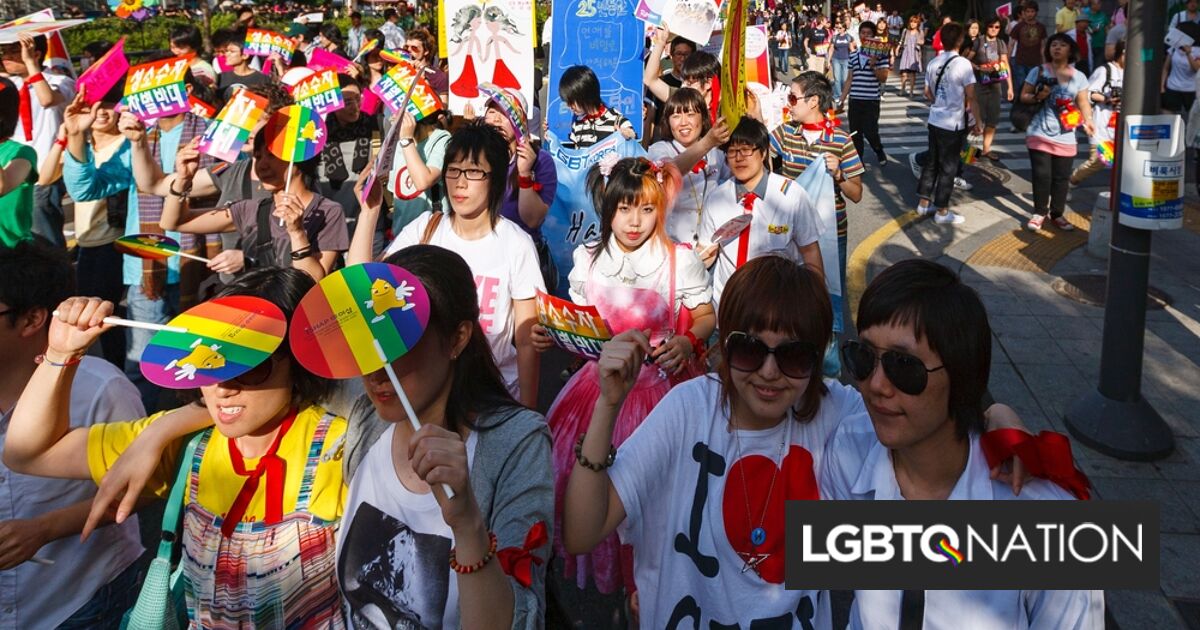
Around 150,000 people showed up for Pride in Seoul, South Korea, despite restrictions placed on the event by the city government.
Seoul Mayor Oh Se-hoon has said in the past that he “personally can’t agree with homosexuality,” but city authorities insist that there were practical reasons for the restrictions on Pride.
Related
South Korea radical Christians warn of “homosexual dictatorship” after opposition wins
A defeat for the conservative president’s party could signal increased LGBTQ+ rights.
For example, Pride organizers wanted to hold festivities in the Seoul Plaza in front of City Hall, as they have every year until two years ago. But the city said that there was an outdoor book event in that plaza this year, so Pride couldn’t be held there.
Global perspectives delivered right to your inbox
Our newsletter bridges borders to bring you LGBTQ+ news from around the world.
Subscribe to our Newsletter today
Three other venues, including the Seoul Museum of History, could not be used for side events related to Pride out of fear of “causing social conflict.” Those venues are also managed by the municipal government.
Pride participant Na Joo-youn told AFP that the restrictions were “nonsensical,” but that didn’t stop them from celebrating Pride.
“I’m openly queer, which means I often have to fight for what I believe, which sometimes makes it hard to live as myself,” they said.
Pride took place in central Seoul, complete with a parade where the theme was the color orange.
“The color range symbolizes an intermediary quality between red and yellow. It doesn’t belong anywhere but exists independently… akin to our queer way of being,” organizers said.
Christian counter-protestors demonstrated near the event with signs that said, “No same-sex marriage” and “The country built with blood and sweat is collapsing due to homosexuality.”
Same-sex marriage is not legal in South Korea, and the country does not have national protections against anti-LGBTQ+ discrimination
